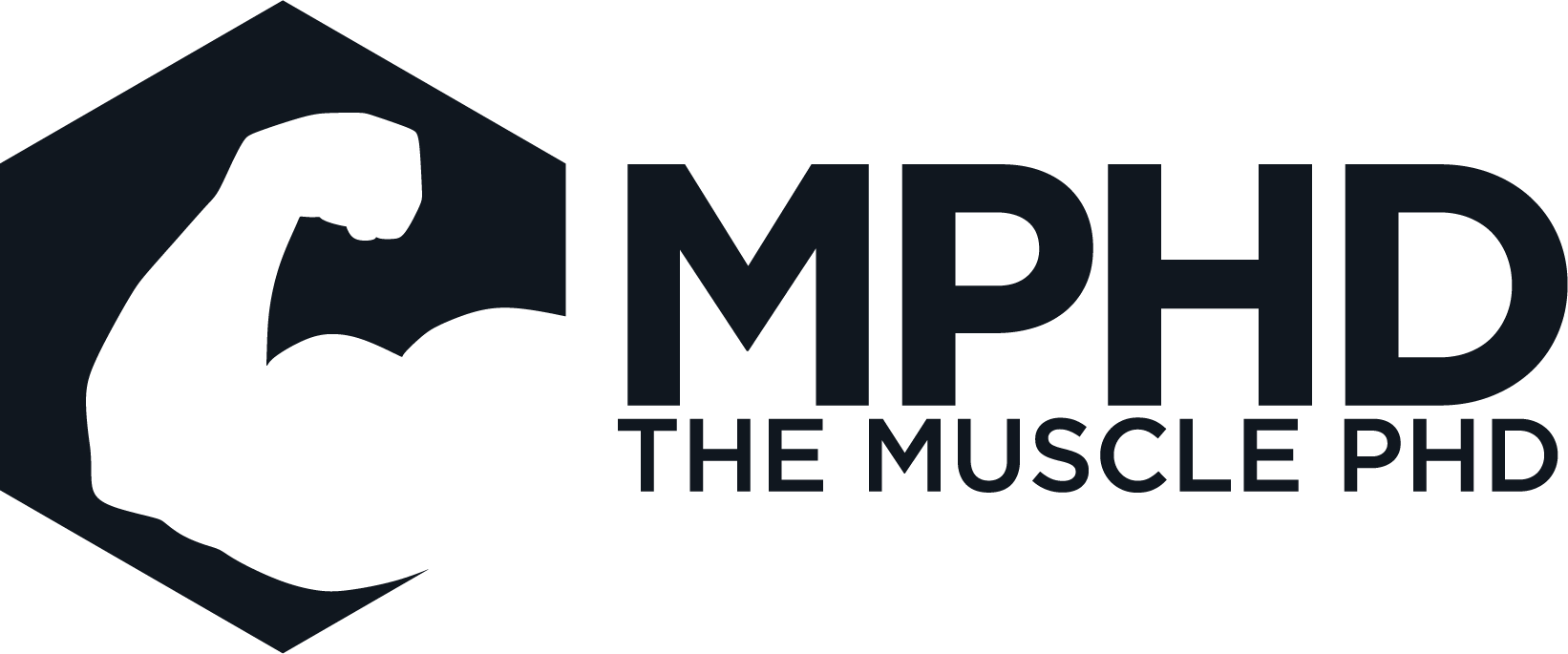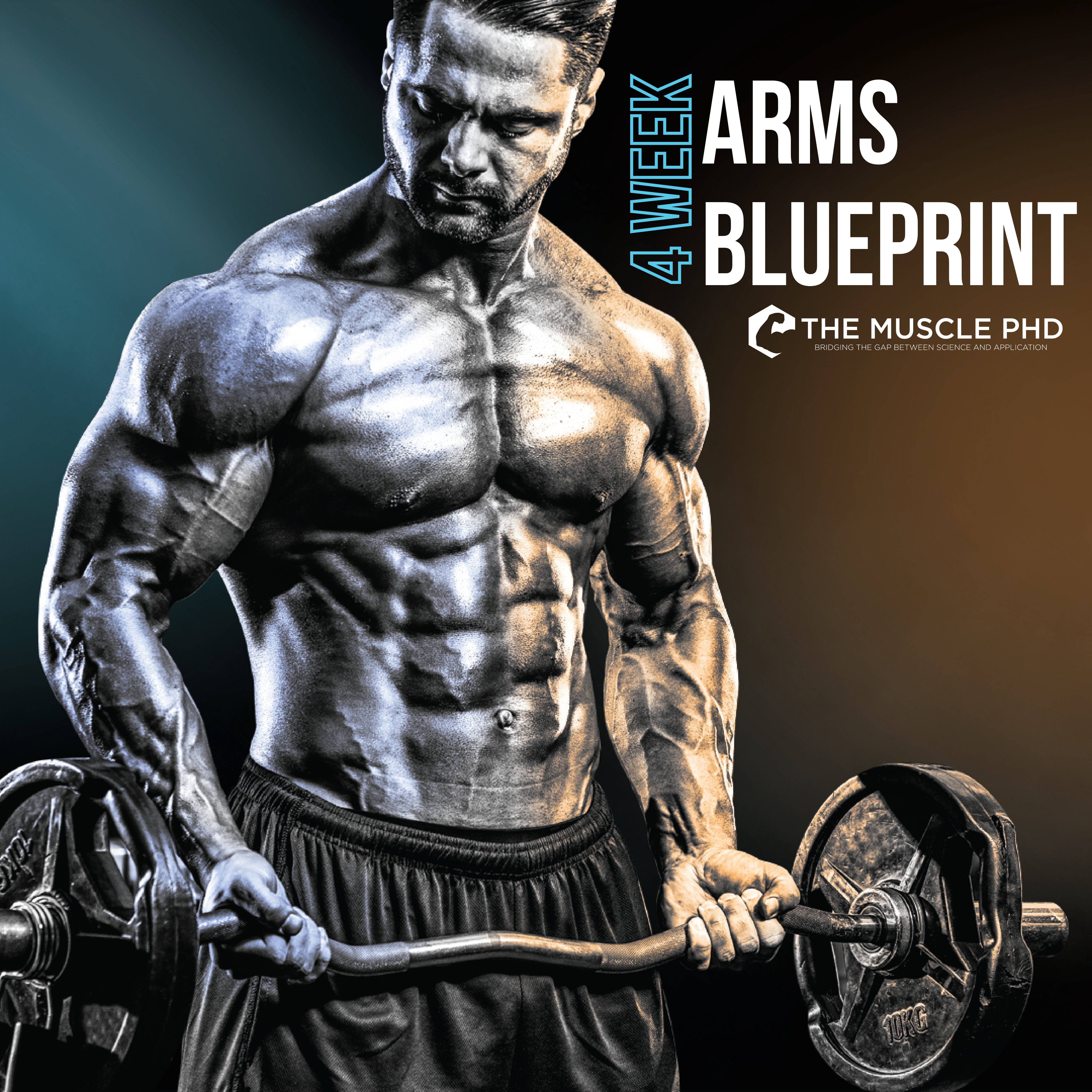The age-old debate is whether you need to be extremely massive in order to put on weight, or should you aim to reduce your fat percentage as much as possible in order to better showcase those muscles?
It’s true that fat is going to add a thin layer on top of your muscles, thereby not making you look as aesthetic on stage. So if you’re aiming for a contest or a social media presence, you might think you need to forego having a calorie surplus.
It’s an undeniable fact that the bodybuilding industry has split into two sides, one side shouting from the top of their lungs that you can never gain muscles while on a calorie deficit because your body is going to lose both fat and muscle, since your diet won’t be able to cope with your workouts. The other side says that gaining a hundred pounds on a mass cycle really is antithesis to the only reason why they got into bodybuilding in the first place, which is to look great!
We’ve got the answer right here and now, if you’re looking for the short answer: both sides are right. Can you gain muscle on a calorie deficit? Absolutely. However, can you also lose muscle? Definitely. It depends on a number of factors that set the tone for your body.
You need to look at your starting body fat percentage. You shouldn’t be at too low a percentage, otherwise you risk being in danger of your body catabolizing your muscles in order to survive. Secondly you should take a look at your training status, how far are you in your muscle growth? And finally, your diet also plays a role.
Your diet helps your body understand that it shouldn’t catabolize its muscle tissue, and that it’s fine to continue working out while gaining muscle. You can also outright stop your body from catabolizing its tissue by supplementing your diet with anti-catabolizing agents–we’ll go into more details on that later.
First, let’s talk about body fat percentage.
Body Fat and Calorie Deficits
Studies have found that the more body fat you have before going on a calorie deficit, the less likely you are to lose muscle. On the danger scale, you’re way off into the safe zone. However, that isn’t the case for someone who is much leaner. By lean, we mean someone with anywhere from 9%-12% body fat.
If you took someone who’s obese, and had them go on a 500 calorie diet (something we would never recommend, by the way), they are highly unlikely to lose any muscle, unless there’s some sort of underlying factor in play.
That’s because there’s a high availability of fat for the body to burn, so your body really isn’t that scared for its survival when it has such a readily available energy source. This is not to mention that your body can enter a state of ketosis during which it produces ketones, a super energy source that spares your muscles.

Using Anti-Catabolizing Agents to Protect Your Muscles
While you’re able to protect your muscles initially if you’ve got a high body fat percentage, as you get leaner and you’re on a calorie deficit, you start to edge a little bit more into that territory of losing muscles. If you have a low body fat percentage, it actually becomes very difficult to gain muscles.
That’s because your body enters crisis management mode and starts looking to intentionally decrease your metabolism in order to conserve energy. What’s a high energy tissue that needs a high metabolism to stay in shape? Muscles.
In other words, your body is going to put survival above all else, and will selectively catabolize your muscles in order to protect you from dying. That’s why at this point you should look into using anti-catabolic agents to protect your muscles from deteriorating while you lose fat.
Some anti-catabolizing agents include:
- HMB (Beta-Hydroxy-Beta-Methylbutyrate)
- HICA (ALFA-Hydroxy-Isocaproic Acid)
- Ketones
We spoke previously about how ketones spare your muscles by providing your body with the energy it needs. HMB and HICA are also great anti-catabolizing agents that protect your muscles.
How Much Should You Supplement With?

It’s extremely important to supplement your diet with anti-catabolizing agents if you’re in a calorie deficit. That’s because your body would actually produce ketones naturally if you’re in an obese or high fat percentage state; however, it’s going to be hard to keep your body’s ketones up once you’re in that lean stage.
Studies have shown that consuming about 2.7g of protein/kg of bodyweight gave athletes a better chance of gaining muscle than others who had a lower protein intake; another study gave individuals over 3g of protein/kg of bodyweight and they saw a noticeable increase in muscle with a decrease in fat at the same time.
Training While on a Calorie Deficit
While dieting plays a huge part in protecting your muscles while on a calorie deficit, we should never forget about training, as that’s what will help your body build or protect your muscles!
On a calorie deficit, you need to lower your training volume per training session, and focus more on a higher frequency of exercising. That intensity is going to give your body enough anabolic stimulus so that your body can’t afford to get rid of its muscle.
We hope you’re getting the idea of how calorie deficits affect muscles. We’ll see you again in the next article!









